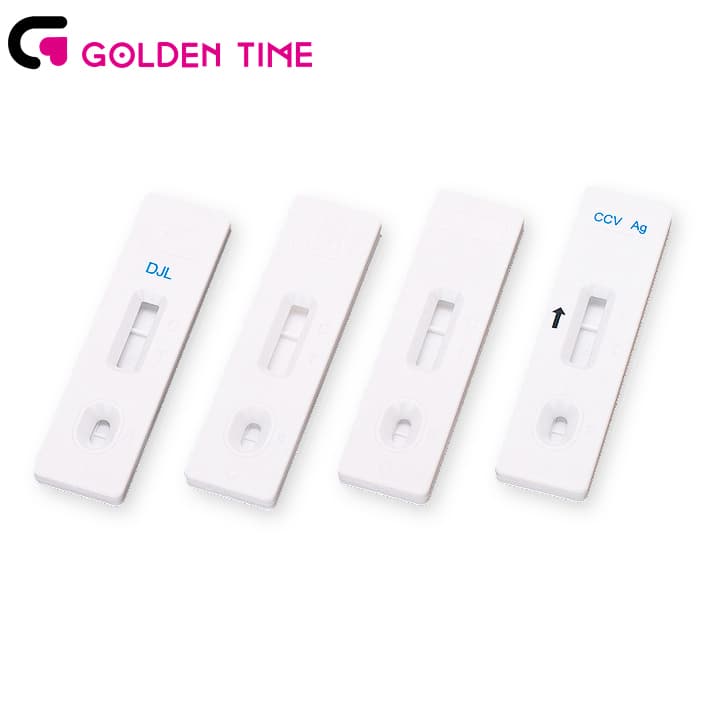Aug . 09, 2024 18:35 Back to list
Wholesale Suppliers for Reliable Malaria Card Test Kits and Diagnostic Solutions in the Market
The Importance of Wholesale Malaria Card Test Suppliers in Global Health
Malaria remains one of the world’s most pressing public health challenges, particularly in many tropical and subtropical regions. With millions of cases reported annually and a significant number of deaths attributed to the disease, the need for effective diagnosis and treatment is paramount. One of the essential tools in combating malaria is rapid diagnostic tests (RDTs), particularly malaria card tests, which offer a quick, reliable, and cost-effective means to diagnose the disease. This is where wholesale malaria card test suppliers play a crucial role.
Understanding Malaria Card Tests
Malaria card tests are a type of rapid diagnostic test that can detect malaria parasites in the blood. These tests typically use a small sample of blood from a finger prick and provide results within 15 to 30 minutes. The simplicity, speed, and accuracy of these tests are instrumental in remote areas where laboratory facilities may not be available. They enable healthcare providers to make immediate clinical decisions, which can be critical for successful treatment outcomes.
Role of Wholesale Suppliers
Wholesale suppliers of malaria card tests provide governments, healthcare facilities, NGOs, and international organizations with the necessary tools to fight malaria effectively
. By supplying these tests in bulk, they can ensure a steady and cost-effective supply to areas that need them the most. This accessibility is critical for timely diagnosis and treatment, especially in regions with high malaria incidence.Benefits of Wholesale Supply Chains
1. Cost-Effectiveness Wholesale suppliers often have the ability to lower prices due to the large volume of products they handle. This cost reduction is essential for countries with limited healthcare budgets and can significantly impact the affordability of malaria diagnostics.
wholesale malaria card test suppliers

2. Quality Control Reputable wholesale suppliers ensure that their products meet international health standards. Quality assurance practices guarantee that the malaria card tests are reliable and effective, which is crucial for accurate diagnosis.
3. Accessibility By serving a network of healthcare providers, wholesale suppliers increase the availability of malaria card tests in remote and underserved areas, where access to medical resources can be limited.
4. Support for Health Programs Wholesale suppliers often collaborate with governments and NGOs to support malaria eradication programs. Their expertise and resources can help launch initiatives aimed at educating communities about malaria and the importance of testing.
Challenges Facing Suppliers
Although wholesale malaria card test suppliers play a critical role, they also face challenges that can hinder their effectiveness. Fluctuations in demand, regulatory hurdles, and competition from counterfeit products can disrupt supply chains. In some cases, logistics and distribution issues may prevent timely delivery to remote areas, undermining the fight against malaria.
Conclusion
The fight against malaria is a complex battle requiring the combined efforts of healthcare providers, governments, NGOs, and suppliers. Wholesale malaria card test suppliers play a vital role in this ecosystem by providing essential diagnostic tools that allow for prompt and accurate malaria detection. As the global community continues its efforts to control and eliminate malaria, the importance of ensuring reliable and affordable access to rapid diagnostic tests cannot be overstated. For sustainable progress in combating malaria, stakeholders must support and strengthen the wholesale supply chain and make concerted efforts to overcome the challenges faced in this crucial sector. This collaborative approach will not only improve health outcomes but can also ultimately save lives.
-
Rapid BZO Test Kit - Fast & Accurate Benzodiazepines Detection
NewsAug.04,2025
-
China Nylon Flocking Swabs - AI Enhanced Quality Collectors
NewsAug.03,2025
-
Highly Accurate hCG Pregnancy Test Strips - 5 Min Results
NewsAug.02,2025
-
Premium Empty ABS Plastic Cassettes: Durable & Lightweight Storage
NewsAug.01,2025
-
Accurate Cocaine (Coc) Rapid Test Kit | Fast & Reliable Detection
NewsJul.31,2025
-
Accurate HCG Pregnancy Test Strips | Fast Home Use Kit
NewsJul.31,2025

